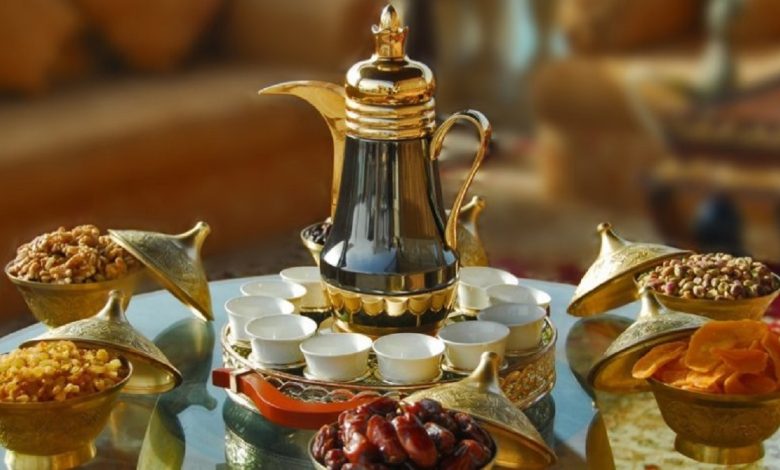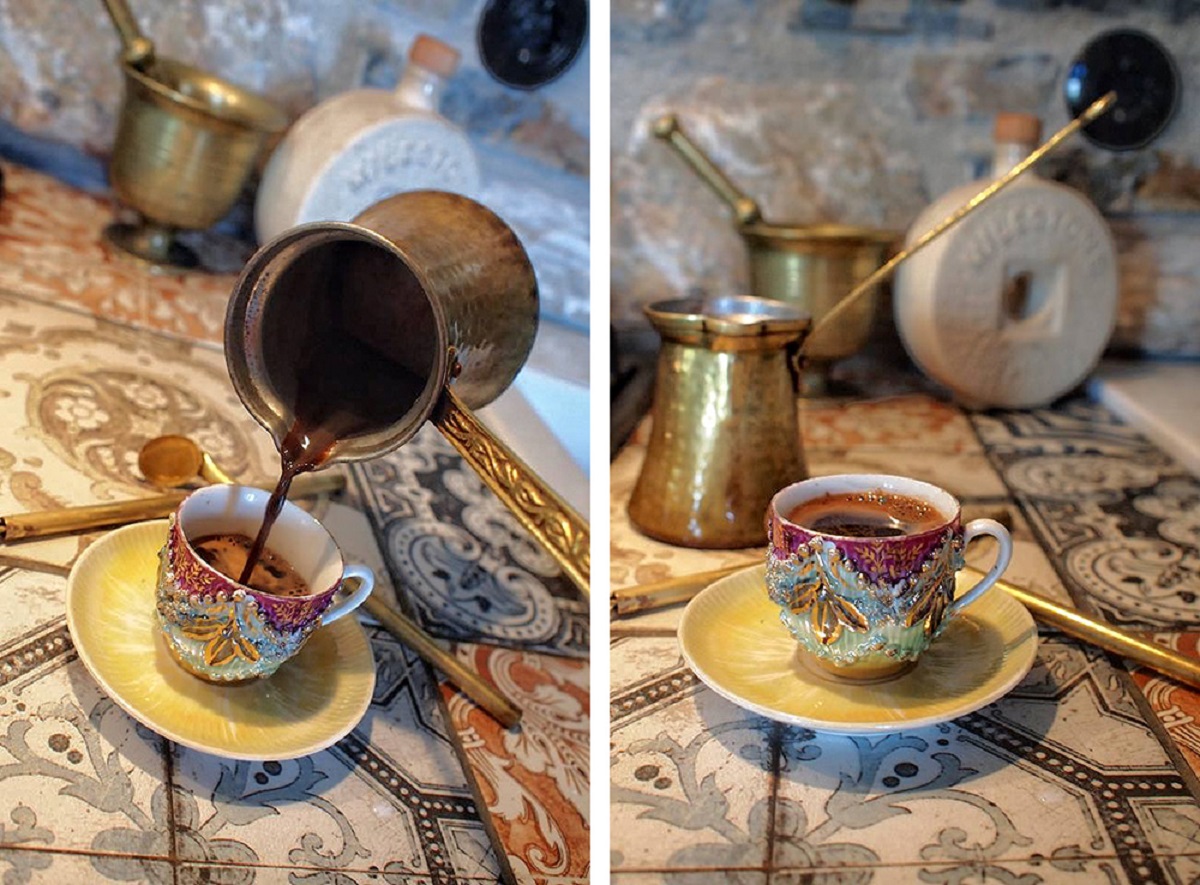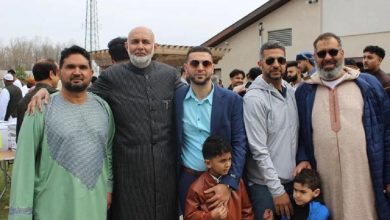The Rakweh and the Ritual: Coffee’s Deep Meaning in Arab Culture
From Hospitality to Identity, How Coffee Connects Hearts in Arab Society.

In Arab culture, few things carry as much symbolism, warmth, and tradition as coffee—known as qahwa (قهوة). Central to this timeless ritual is the rakweh (ركوة), a small, long-handled pot used to brew Arabic or Turkish-style coffee. But beyond its function, both the rakweh and the coffee it serves hold deep cultural meanings rooted in hospitality, respect, and social bonding.
Wat Is a Rakweh?
A rakweh is a traditional metal pot—usually made of copper, brass, or stainless steel—with a long handle and a narrow neck. It is used to brew finely ground coffee, often over low heat. While the term is more commonly used in the Levant (Lebanon, Syria, Jordan, Palestine), the object itself is widely recognized in Arab and Turkish cultures.
The rakweh differs slightly from the Turkish cezve but serves the same purpose. It’s designed to create the signature foamy layer on top of Arabic or Turkish coffee, and its shape allows for controlled pouring into small demitasse cups (finjan).

What Does Coffee Symbolize in Arab Culture?
Coffee in Arab culture is far more than a beverage—it is a ritual of hospitality, honor, and connection.
Hospitality and Generosity
Serving coffee to guests is a sacred tradition in Arab homes. Offering coffee is a sign of respect and welcome, especially during important social events like weddings, holidays, or tribal meetings. Refusing to serve coffee to a guest would be considered impolite or even offensive in some settings.
Ceremony and Respect
Coffee is often the first thing offered when someone visits. It may also be part of formal reconciliation meetings (sulha), where it symbolizes peace and goodwill. The act of preparing and serving coffee can involve specific rituals, such as serving elders first or using the right hand to pour and receive.
Identity and Pride
Arabic coffee—especially in Gulf countries—is often spiced with cardamom, saffron, or cloves and served in ornate pots (dallah) with dates. Each region has its own variation, and families take pride in their brewing style, grind, and spice mix.

Social Bonding
Coffee gatherings, or majlis, are spaces where stories are shared, business is discussed, and community is strengthened. The slow brewing process itself encourages conversation and connection.
The rakweh is not just a pot—it is a symbol of continuity, craftsmanship, and shared memory. And coffee, in Arab tradition, is more than a drink; it is a language of generosity, a ritual of respect, and a cornerstone of social life.
Whether served in a Bedouin tent, a Lebanese mountain home, or a modern urban café, Arabic coffee and its rituals continue to bind generations together across the Arab world and beyond.



